Top Strategies for Combining NHL History with Social Studies Curriculum
The National Hockey League (NHL) is a professional ice hockey league in North America. Founded in 1917, it is widely considered the world’s premier professional ice hockey league. Integrating NHL (National Hockey League) history into a social studies curriculum can make the learning experience engaging and relatable for students. Here are some top strategies for combining NHL history with the social studies curriculum.
Historical Case Studies
Select significant events or periods in NHL history and explore those times’ social, economic, and cultural contexts. Compare the NHL’s growth and changes to concurrent social and political events. Students in college can learn a lot by doing their final case studies or essay writing assignments on NHL players with the assistance of PhD thesis writers. For example, study how NHL expansion in the 1960s mirrored societal changes during that era.
Biographical Studies
The NHL has a passionate fan base worldwide, with fans in North America, Europe, and beyond, contributing to its status as a global sports league. Study the lives of prominent NHL players, coaches, or team owners, emphasizing their contributions beyond the ice. Investigate how players like Willie O’Ree and Grant Fuhr broke racial barriers or explore the philanthropic efforts of players in their communities. Discuss the social impact of their actions.
Economic Impact Analysis
Hockey, and, by extension, the NHL, has become deeply ingrained in the cultural fabric of regions where it’s played, particularly in Canada, the United States, and Nordic countries. Examine the economic impact of NHL teams on their cities and regions. Study the economic benefits of having an NHL team, including job creation, tourism, and local businesses. Discuss the financial implications of building arenas and hosting major events like the Stanley Cup.
Social Issues in Hockey
The league has focused on player safety, introducing measures to reduce concussions and enhance overall player well-being. It also continues to promote diversity and inclusivity in the sport. Analyze social issues such as gender equality, diversity, and inclusion within the context of the NHL. Discuss the growth of women’s hockey, LGBTQ+ inclusion initiatives, and the challenges faced by minority players. Explore how these issues reflect broader social movements.
Geography and Team Locations
Integrate geography by studying the locations of NHL teams and their significance. Explore the geography of team locations, discussing how climate, culture, and regional traditions influence hockey culture. Compare NHL teams’ home cities, examining the similarities and differences in their social landscapes.
Historical Timeline Projects
The NHL has been home to legendary players like Wayne Gretzky, Bobby Orr, Gordie Howe, and many other highest-paid players, each leaving an indelible mark on the sport. Create a timeline of significant events in NHL history, aligning them with major social and political events. Have students research and place events like expansions, strikes, or championship wins on a timeline alongside historical events. Analyze the connections between these occurrences.
Media Literacy and Sports Journalism
The NHL has seen historic events such as the Summit Series (1972) between Canada and the Soviet Union, the “Miracle on Ice” during the 1980 Winter Olympics, and outdoor games like the Winter Classic, which became popular in the 2000s. Explore how media coverage and narratives shape public perception of NHL events and players. Study sports journalism ethics, biases, and the impact of media on public opinion. Analyze how media portrays social issues in hockey, including race, gender, and player conduct.
Debates and Discussions
The NHL saw an influx of international players, particularly from European countries, in the 1980s and 1990s, adding diversity to the league. Organize debates or panel discussions on controversial topics related to NHL history and its societal impact. Engage students in debates about issues like fighting in hockey, salary caps, or the impact of concussions. Encourage critical thinking and research to support arguments.
Civic Engagement and Team Communities
Investigate how NHL teams contribute to their communities and promote civic engagement. Research team-sponsored charitable activities, community outreach programs, and environmental initiatives. Discuss the importance of sports teams in fostering community pride and engagement. Collaborate with other subjects like math, art, or language arts to create well-rounded projects related to NHL history.
Final Thoughts
The NHL’s rich history is a testament to the enduring appeal of ice hockey and the league’s ability to evolve, adapt, and capture the imagination of fans across generations. By combining NHL history with social studies curriculum using these strategies, educators can create a dynamic, engaging, and interdisciplinary learning experience that helps students understand the evolution of hockey and its profound impact on society.
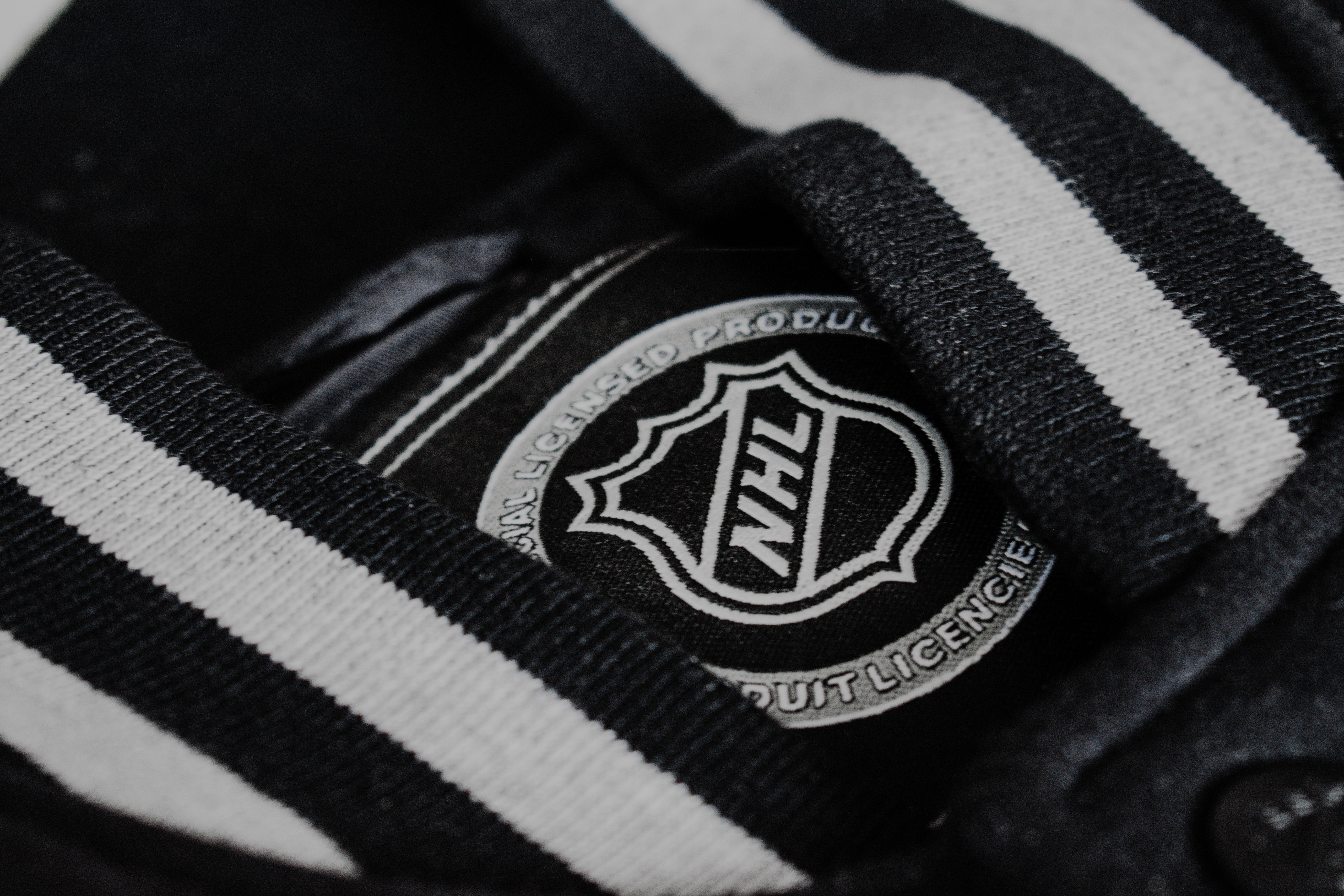
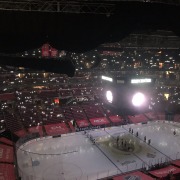

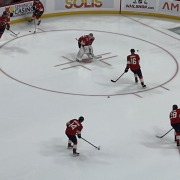
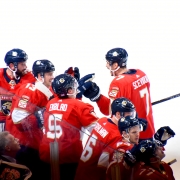
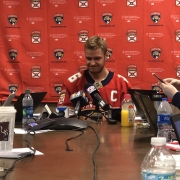

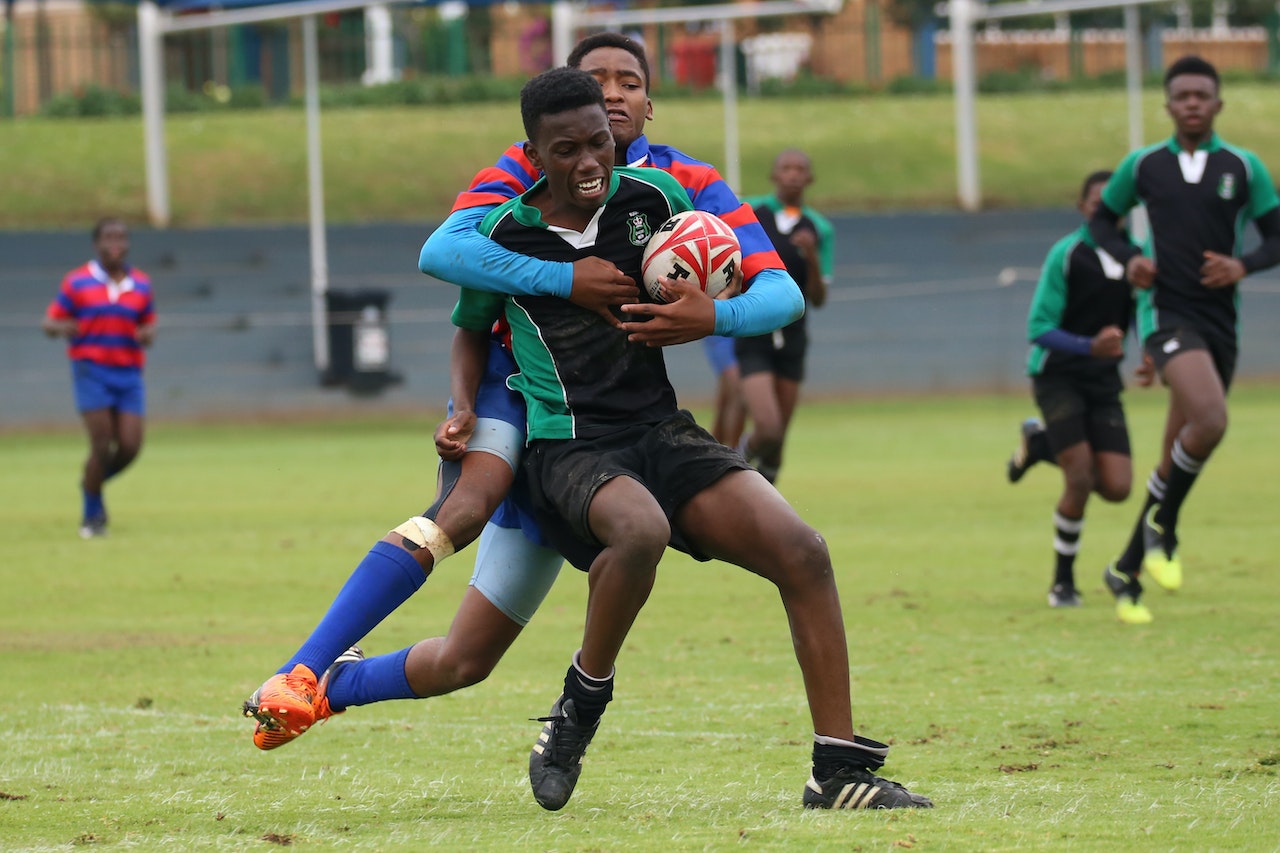
Integrating NHL history with social studies not only educates students about the sport but also offers a fascinating lens into broader societal changes. Excited to implement these ideas in my classroom.
Flooring Services Expert in Columbus